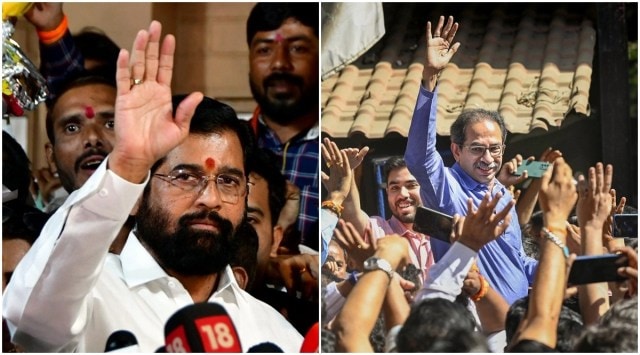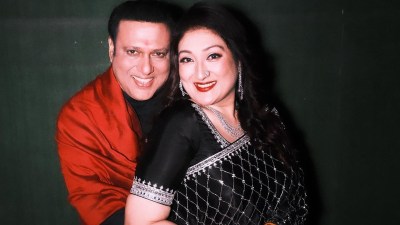Disapproving “denigrating constitutional offices”, including the office of Speaker of an Assembly, the Supreme Court Tuesday said it will go by the fact that Speaker, as laid down by Parliament and recognised by it, is the deciding authority so far as proceedings under anti-defection law is concerned.
Justice P S Narasimha, who was part of the five-judge bench hearing a batch of petitions arising from last year’s political fallout in Maharashtra following differences in Shiv Sena between the Uddhav Thackeray and Eknath Shinde factions, said Parliamentarians have decided the Speaker “to be the Tribunal per the 10th Schedule (anti-defection law)” and the court is only interpreting that.

As long as the 1992 ruling of the SC Constitution bench in Kihoto Hollohan vs Zachillhu, wherein a Constitution Bench upheld validity of the 10th schedule is not reversed, the Speaker would continue to be the deciding authority, he said.
“On the one hand, if the Speaker is with you, you would say it’s a constitutional authority; what’s wrong with the Speaker? If you have some difficulty, you would say — look at the way Speakers have behaved. Therefore, for us as long as the Constitution Bench judgment is there, we will go by the fact that the Speaker is the tribunal and he is the presiding officer per the 10th Schedule…. We will not go back (on) the decision. That’s the final decision…” Justice Narasimha said.
The comments came as senior advocate Kapil Sibal, appearing for the Thackeray camp, sought to assail the role of the Maharashtra Assembly Speaker appointed by the Shinde camp in the political crisis.
“See, what he has done,” Sibal said. “He has appointed the Whip…appointed the leader of the House. What kind of confidence can we have in this constitutional authority, who, without reference to the political party, is doing all this? Do you think he can ever decide in my favor? There is no way,” he told the bench, presided by the Chief Justice of India D Y Chandrachud and also comprising Justices M R Shah, Krishna Murari, Hima Kohli and P S Narasimha,
CJI Chandrachud pointed out that before the Speaker, the Deputy Speaker, who was from Thackeray faction, had also defied legislative rules by giving two-day notice to MLAs on disqualification notices against them. “…This is the way everybody is behaving,” he said.
Story continues below this ad
The CJI said that “irrespective of what lesser mortals decide, ultimately in a democracy you value the office of the institution. If we start denigrating constitutional offices, including the office of Speaker…it’s a race to the bottom then.”
Justice Kohli asked if “merely because one or two Speakers have gone astray, would the court be inclined to debunk the whole procedure as laid down and the 10th Schedule?”
Sibal responded that his intention was not that. He said he was only trying to explain what had been happening on the ground.
To Justice Kohli’s query, whether it’s a conundrum, Sibal responded, “yes, it’s a Constitutional conundrum” and added that the court will some day have to sort it out.
Story continues below this ad
Justice Narasimha wondered why Parliament had not discussed amendments if needed about the role of the Speaker instead of putting the onus on the court.
“Every time this question is raised before the court, I would want to ask you how many times did the Parliamentarians raise this question in Parliament, saying that let us actually amend the Constitution, change the Speaker,” he said. “How many times discussion took place in Parliament to review the conduct of the Speaker? Why is that question raised before for the Court, which is not the forum for the consideration? How many times have [political] parties sat down together and decided that this is not working?”
Sibal said the political party in power, wherever it may be, wants to use the office of the Speaker to do what they are doing, and would never like to change it.
The senior counsel contended that what the Shinde faction had done is “bulk defection, which is what is to be prevented”. He argued that “if this is allowed by court, then any government can be toppled. You just take those people, become the majority, have a trust vote — topple the government. You don’t need a split.”
The arguments will continue Wednesday.









